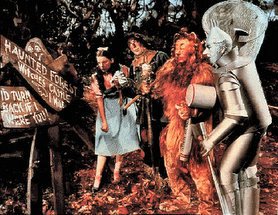Planetary Correctness, Texas Style
You’ve no doubt heard the news. Pluto, discovered, in 1930, is no longer a planet. It was once a planet, but it isn’t now. Or, it was never a planet, but we didn’t know how to define it. Or, well, I don’t know. All I know is that everyone has to unlearn the former fact that there are 9 planets, and they have to stop naming them when they get to Neptune. It'll give my kids something to do in school next week.

Classical music fans are ecstatic about this development, by the way, as Gustav Holst’s “The Planets” Suite stops at Neptune. Apparently Holst got it right when he composed his suite in 1914-1916. It would have been a disaster if the suite had been written after 1930. Orchestras and CD producers would have to agonize about whether to include the “Pluto” movement.
But there will be problems with this scientific advance. And the biggest problem is going to be Texas. Because the educational curriculum standards in Texas contain the following language:
Science textbooks shall include the naming of the planets from Mercury to Pluto. The number of planets shall be nine (9). Nine shall be the number of planets named. The number of the planets shall not stop at eight (8), nor shall it proceed onward to ten (10). Textbooks not adhering to these standards shall not be acceptable for use in the State of Texas.Looks like we’re gonna have some more textbook wars on our hands, folks.




0 Comments:
Post a Comment
<< Home